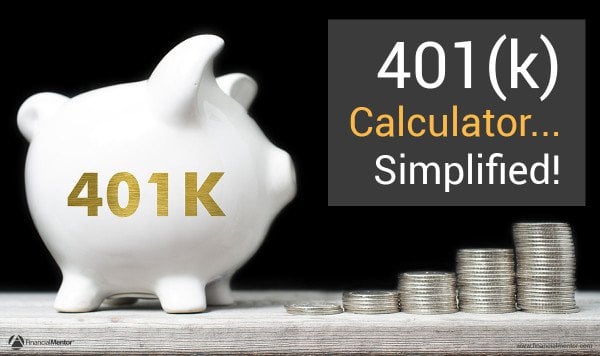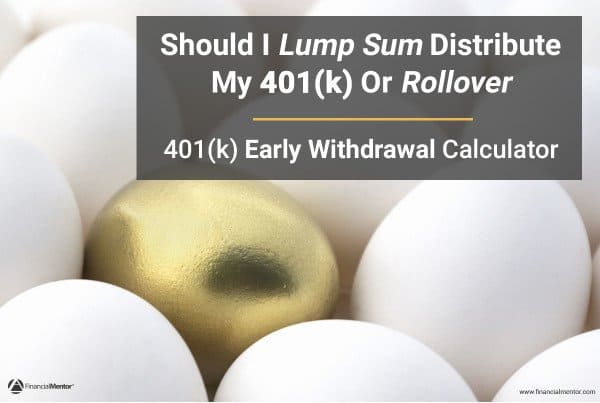How To Take Advantage Of Losses With Roth IRAs
Key Ideas
- Converting to a Roth IRA allows you to make lemonade out of a lemon year.
If your income is down or your retirement accounts are at a loss this year, you may be overlooking a potential benefit.
Consider converting your regular IRA's, SEP-IRA's, etc. into a Roth IRA this year.
Here's how it can benefit you.
Get This Article Sent to Your Inbox as a PDF…

If your income is lower, you may be under the $100,000 threshold required to allow you to make a Roth IRA conversion.
The lower the better, because converting to a Roth IRA is a taxable event. The lower your tax bracket, the less it costs you in taxes to make the conversion.
Additionally, if your retirement account assets are in the tank because of market declines, that means the cost to convert is greatly reduced. That's because you have fewer assets to be converted and taxed.
In short, what this means is you may be able to do some long-term retirement planning for the lowest tax cost in years.
Hmmm, maybe there's some truth to the saying that adversity breeds opportunity.
Sure, it may be a pain to lose money in your retirement accounts, and it's always a drag to watch your income decline. However, these also happen to be ideal conditions for long-term tax planning and retirement planning by opening the door to efficiently convert existing retirement accounts to Roth IRA's for minimum tax burden.
With that said, you should consult with your personal tax and financial advisor before taking any action to fully understand all the rules and implications.
Everyone's individual situation is unique and requires personalized financial advice to make the correct decision.
I just wanted to plant the seed with this quick retirement planning strategy in case it applies to you or someone you know.
Hope it helps.
Invest Like Todd!
A better investment strategy than buy and hold - Makes more by risking less
Discover the scientific investment process Todd developed during his hedge fund days that he still uses to manage his own money today. It’s all simplified for you in this turn-key system that takes just 30 minutes per month.


















Todd,
Your comments are right on the mark. However, the situation on Roth IRAs changes in the year 2010 and for that year only. It might be worth your while to wait until 2010 to take advantage of the special tax deal that has been passed.
The basics are this:
The modified gross income limit of $100,000 to convert to a Roth from a regular IRA is waived. So higher income individuals can convert their regular IRAs to Roths in 2010.
A conversion requires that you pay taxes on the untaxed portion of the original IRA. This is usually due in the tax year of the conversion. The taxes due from a conversion in 2010 can be spread over 2 years, minimizing the bite in any one year.
Again, these changed rules are in effect for the year 2010 only. If you are considering doing this, consult your tax advisor. Perhaps there is a way to do some of the conversion in 2009 (using up to a $3,000 tax loss to cover some of the conversion) and then doing the rest in 2010.
Bill